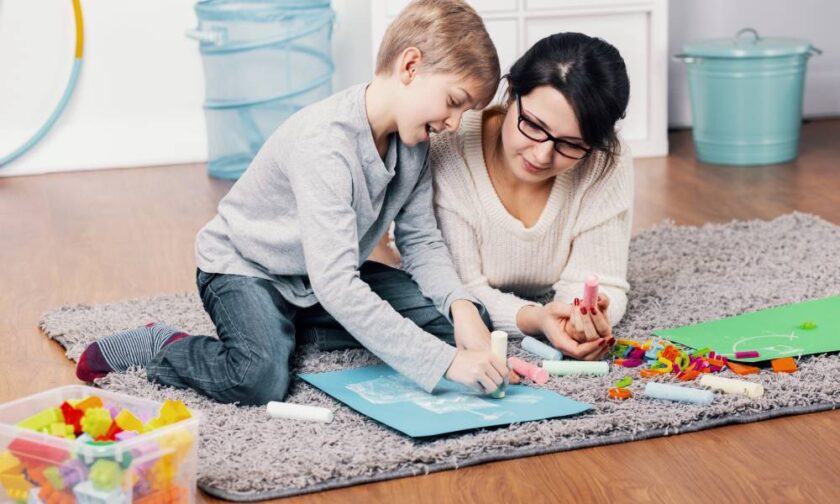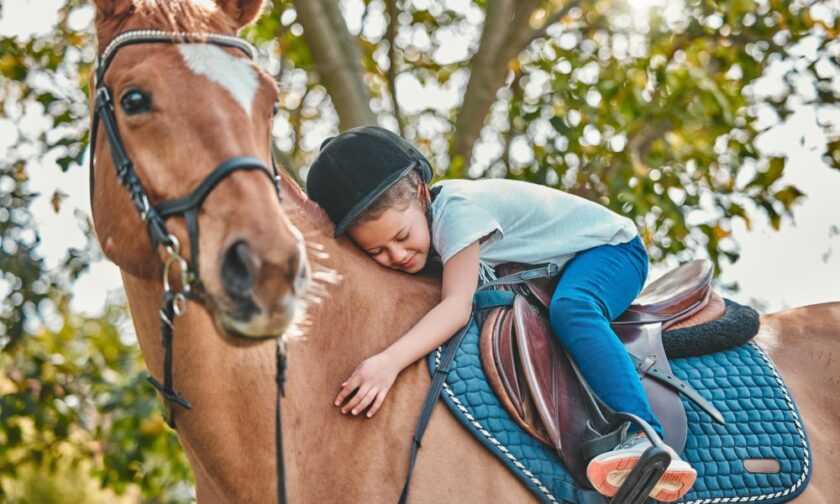Every parent knows how challenging it can be to find something their child with autism adores. Fortunately, stuffed animals are one item that can make them happy. There are many benefits of your child having a cuddly pal. For example, stuffed animals can offer safe, sensory-friendly playtime and encourage the development of social skills. Together, let’s go through how stuffed animals can help children with autism to see if a stuffed, fluffy friend will benefit your little one.
What’s a Sensory Toy?
A stuffed animal is a prime example of a sensory toy. A sensory toy is any plaything that engages multiple senses. The toy can be as complex as building a LEGO city or as simple as mushing silly putty. But how can parents decide which sensory stimulation to offer their children?
Let’s start with an overview of the eight faculties of perception. There are many senses, not just the five (hearing, smelling, tasting, touching, and sight) we’re all familiar with. There’s also proprioception (knowledge of one’s own body’s position and state), vestibular sense (knowledge of one’s movement and balance), and interoception (knowledge of one’s own body’s needs and functions).
The eight senses contribute to transmitting and interpreting data about our surroundings and the actions we should take. Ideally, a stuffed animal satisfies those senses.
Incredible Comfort Objects
Like sensory toys, comfort objects come in various forms and sizes. This is why many people rely on comfort items for stability and relief. Children often find comfort in holding and cuddling stuffed animals, as it helps them ground themselves. This can help them feel safe and connected.
Many individuals with autism develop such a strong bond with their comfort objects growing up that they will keep them close even as adults, demonstrating why comfort objects are integral for a baby. In fact, many people continue to hold their childhood toys close to their hearts.
Can Help Develop Social Skills
It’s common for children with autism to have trouble socializing and communicating. They want to communicate with others but are unsure of what to say or feel uncomfortable in social situations. However, a stuffed animal might provide your child with the necessary social exercise to help them feel more at ease with other kids. While a stuffed animal can’t reciprocate verbally, it may make your child’s life easier.
A Nice Way To Play
Children with autism tend to play differently than their peers. Complex kinds of play, like mimicry and pretend play, might be difficult for them to participate in. Instead, they are more inclined to play alone, engaging in routine activities. Stuffed animals may effectively impart these fundamental play skills in various therapeutic settings.
Understanding how stuffed animals can help children with autism proves the value that a new cuddly buddy can have for your kiddo. Their relationship with their comfort object opens the door to other possibilities, such as getting a pet. Since they love a stuffed version of a dog, they might fall head over heels for a real puppy.






